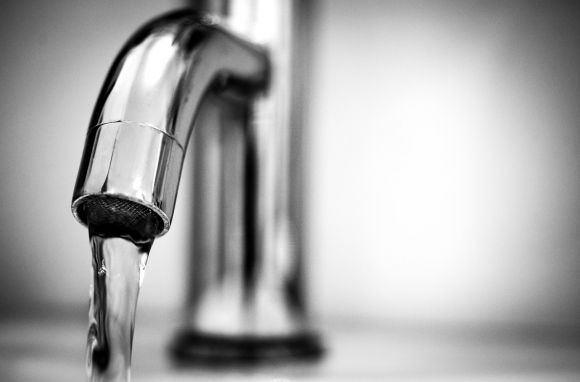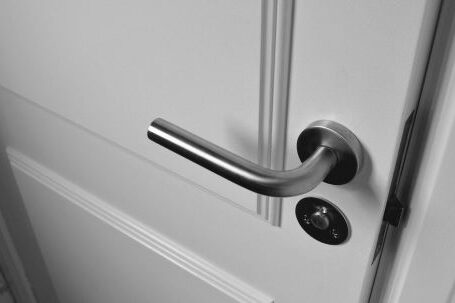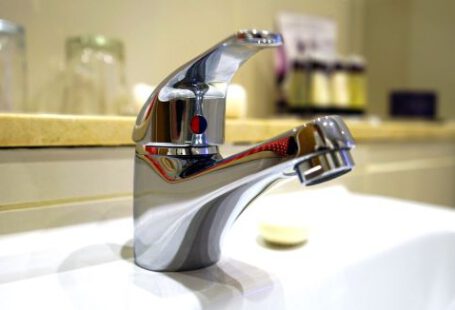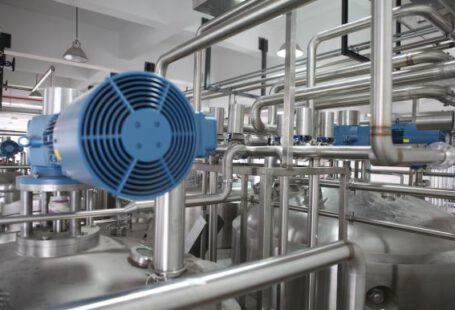Plumbing is an essential aspect of any building, whether it’s a residential home or a commercial space. It ensures the smooth flow of water and the safe disposal of waste. To ensure the safety and efficiency of plumbing systems, plumbing codes are in place. These codes are periodically updated to reflect advancements in technology, changes in building materials, and to address any potential safety concerns. In this article, we will explore the recent changes to plumbing codes and how they may affect you.
Water Conservation Measures
One significant change in plumbing codes is the focus on water conservation. With the increasing concern for the environment and the need to reduce water consumption, new regulations have been put in place to promote water-efficient plumbing fixtures. These include low-flow toilets, faucets, and showerheads. These fixtures are designed to use less water without compromising performance, helping to conserve this precious resource and reduce utility bills.
Backflow Prevention
Backflow occurs when the flow of water reverses direction, potentially contaminating the water supply with harmful substances. To prevent this, plumbing codes now require backflow prevention devices to be installed in certain plumbing systems. These devices ensure that water only flows in one direction, protecting the public water supply from potential contamination. If you have a sprinkler system or any other plumbing system that poses a risk of backflow, it is essential to ensure that these devices are in place and regularly maintained.
Lead-Free Plumbing
In recent years, there has been a growing concern about lead in plumbing systems, particularly in older homes. Lead is a toxic metal that can leach into the water supply, posing serious health risks. To address this issue, plumbing codes now require plumbing materials and fixtures to be lead-free. This means that any new plumbing installations or replacements must use lead-free components. If you live in an older home, it may be worth considering having your plumbing system inspected for potential lead contamination.
Water Heater Safety
Water heaters play a crucial role in providing hot water for various purposes, but they can also pose safety risks if not installed or maintained correctly. Recent changes to plumbing codes have focused on improving water heater safety. This includes requirements for temperature and pressure relief valves, expansion tanks, and proper ventilation. It is essential to ensure that your water heater is installed and maintained in accordance with these codes to prevent accidents and ensure the safety of your home.
Impact on Renovations and Repairs
If you are planning any renovations or repairs that involve plumbing, it is essential to be aware of the recent changes to plumbing codes. These changes may impact the materials, fixtures, and installation methods that are allowed. Hiring a licensed plumber who is familiar with the current codes is crucial to ensure that your project meets the necessary requirements. Failure to comply with plumbing codes can result in costly fines and potential safety hazards.
In conclusion, recent changes to plumbing codes have focused on water conservation, backflow prevention, lead-free plumbing, and water heater safety. These changes are aimed at improving the efficiency and safety of plumbing systems. Whether you are building a new home, renovating, or simply need to make repairs, it is important to stay informed about the current plumbing codes to ensure compliance and protect your investment. Consulting with a licensed plumber will help you navigate these changes and ensure that your plumbing system is up to code.



